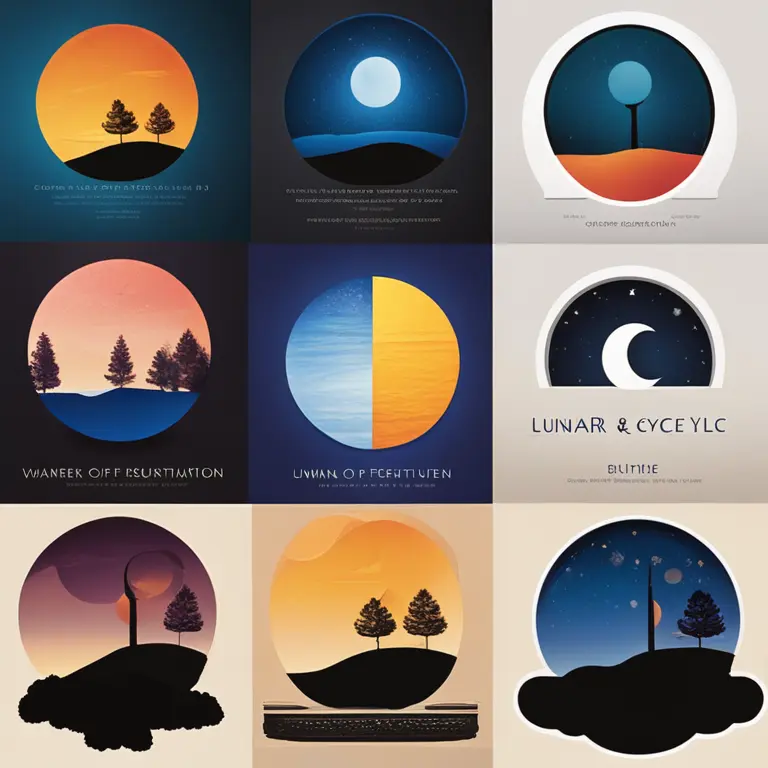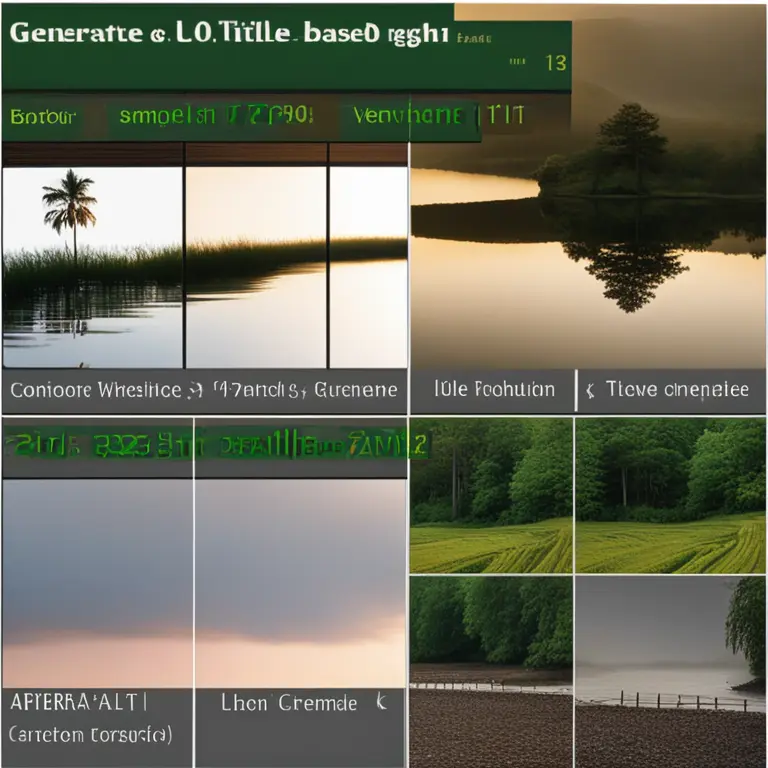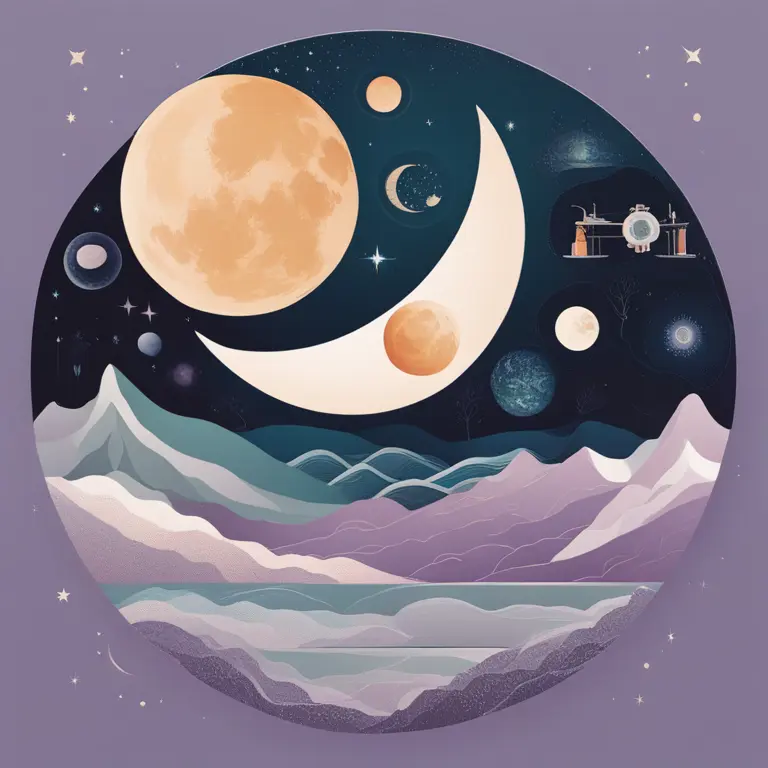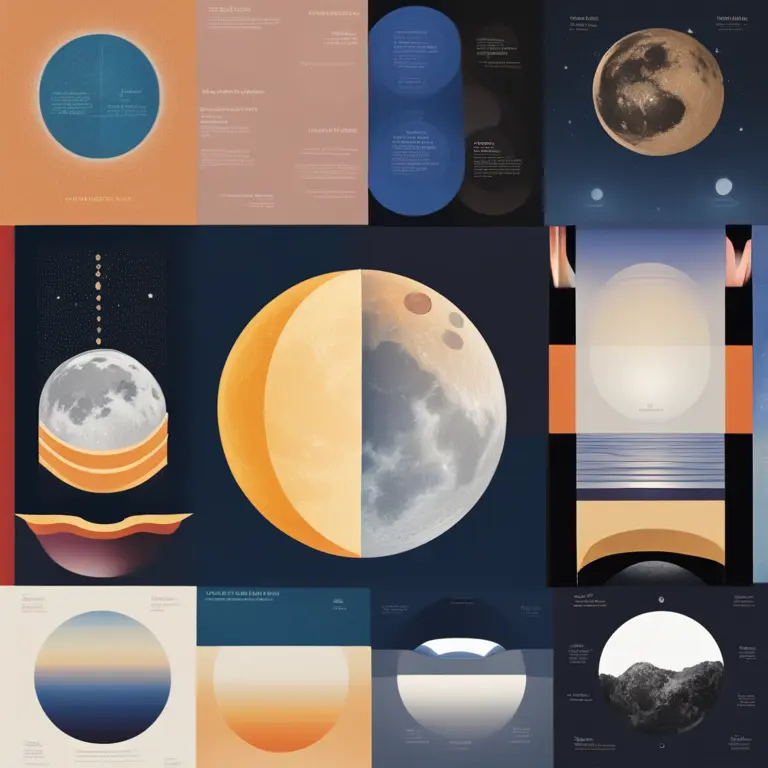
Moon Phases and Menstrual Cycles: Is There a Connection?
Discover if lunar cycles influence menstrual periods, diving into the science and myth behind the moon’s impact on women’s health.
article by Priya Deshmukh
The Lunar Legacy: Folklore and Science
The ethereal glow of the moon has, for centuries, been a source of wonder and speculation, with countless myths knitting together its phases with the rhythms of life here on Earth. In ancient times, many cultures revered the moon as a deity influencing fertility and childbirth, with its waxing and waning viewed as powerful symbols. Modern science, while often demystifying such beliefs, has recently begun to explore the possibility that the lunar cycle might indeed play a role in menstrual patterns. This article seeks to illuminate the longstanding question: can moon phases affect your period?

Syncing Cycles - The Lunar-Menses Link
The average menstrual cycle runs for about 28 days, mirroring the moon’s cycle of approximately 29.5 days from one new moon to the next. This coincidence has spurred the notion that these two cycles are naturally synchronized. However, contemporary research offers mixed evidence. Some studies suggest a statistical link between the moon's gravitational pull and the onset of menstruation, postulating that menstruation is more likely to start around the new moon. Others find no significant correlation once factors like lifestyle and environment are accounted for.

Gravitational Pull and Human Biology
When we consider the moon's influence on Earth, the most tangible effect is gravitational, leading to the rise and fall of ocean tides. Could such a force similarly tug at the tides within us, influencing menstrual cycles? While it’s an enticing notion, human bodies contain far less fluid than the oceans, and the scientific consensus so far shows that the gravitational effect is negligible at the scale of human physiology. Thus, while the moon's pull is mighty enough to sway the seas, its direct impact on menstrual cycles remains an open debate.

Psychological and Cultural Perspectives
Even if the physical connection is tenuous, the psychological impact of the moon is undeniable. Many individuals report feeling different emotions or physical sensations depending on the phase of the moon. This could be due to cultural stories passed down through generations, or from the suggestive power of the moon as a natural timekeeper. Thus, while the lunar effect may not be physiological, it could be psychological, influencing how individuals perceive and report their menstrual experiences.

Lunar Cycles in Astrology for 2024
Astrologically speaking, the moon symbolizes emotions, intuition, and the subconscious. Astrologers observe that as it moves through different zodiac signs, its influences fluctuate, possibly affecting various aspects of our lives, including menstrual cycles. For instance, the year 2024 may see the moon transit through signs that are traditionally associated with femininity and fertility, such as Cancer and Taurus, suggesting seasons where emotional sensitivity might heighten, potentially impacting hormonal balance.
Future Directions in Moon-Cycle Research
While past studies offer intrigue, future scientific endeavors are needed to clearly understand the moon's influence on menstrual cycles, if any. Amid growing interest, researchers will likely delve deeper into chronobiology—the study of periodic phenomena in living organisms—to tease out the subtleties of lunar effects. With advancements in technology and data analysis, it’s only a matter of time before we gain a clearer picture of how celestial mechanics might dance with our internal rhythms, including periods.
Published: 1/19/2024
Modified: 1/19/2024
More predictions
Come back here soon to learn more about yourself and your future


Can Tarot Cards Forecast Timing Events?
Delving into the potential of tarot cards to predict timing, examining their symbolic language and the challenges in forecasting temporal outcomes.


The Ace of Wands Tarot Guide: Spark of Inspiration
Ignite your understanding of the Ace of Wands as it heralds potential, creativity, and breakthroughs in tarot readings for future guidance.


The Tarot Knight of Pentacles: A Symbol of Steadiness
Delve into the symbolism and meaning of the Tarot Knight of Pentacles, a figure representing reliability, dedication, and persistent progress in the Tarot deck.